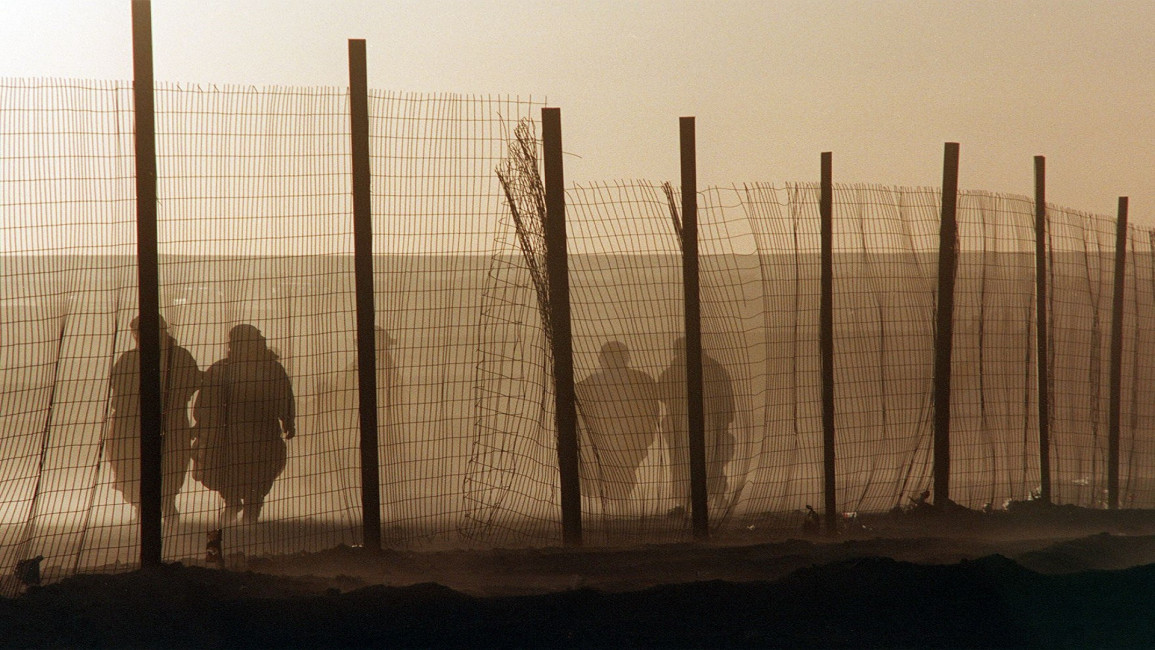Follow us on Facebook, Twitter and Instagram to stay connected
Morocco upholds jail terms for Sahrawis over 2010 killings
Morocco's top court has upheld jail sentences ranging up to life for 23 Sahrawis over the killings of 11 security personnel a decade ago, a defence lawyer said.
Morocco and the rebel Polisario Front, which seeks independence for the disputed Western Sahara territory, have accused each other of provoking deadly clashes between police and Sahrawi protesters at a camp for displaced people in Gdeim Izik in November 2010.
"The Court of Cassation on Wednesday dismissed all the appeals" of the 23 defendants, Mohamed Fadel Leili told AFP. "This is the final decision."
The appeals court's decision comes amid heightened tensions in the territory, where the two sides have traded regular fire since a three-decade UN-backed ceasefire broke down this month.
The 23 defendants were found guilty in 2013 by a military court which sentenced them to jail terms ranging from 20 years to life, and in July the Court of Cassation ordered a civilian court to examine the case.
Human Rights Watch said on November 8 that the trials had been marred by allegations of torture and that the verdicts "heavily leaned on confessions that the defendants have challenged" -- accusations immediately rejected by Moroccan authorities.
|
Four of the defendants have completed their sentences while the other 19 remain in detention, the lawyer said.
The killings took place on November 8, 2010 as Moroccan forces moved to dismantle the Gdeim Izik camp, south of the city of Laayoune, where thousands of Sahrawis were living.
Eleven security personnel and two Sahrawi civilians were killed in the clashes that followed, which spread to Laayoune, where businesses and public buildings were looted and torched.
According to videos released by security forces, some of those killed had their throats cut, and some of their bodies were desecrated.
HRW said several of the prisoners had staged hunger strikes, alleging "denial of medical care or family visits, and abusive solitary confinement regimes" and being held hundreds of kilometres from their families in Western Sahara.
Moroccan authorities say they have taken into account "the length of their sentences, their state of health, their studies and the proximity of their families."


![Minnesota Tim Walz is working to court Muslim voters. [Getty]](/sites/default/files/styles/image_684x385/public/2169747529.jpeg?h=a5f2f23a&itok=b63Wif2V)




![Debris near Rafic Hariri International Airport [Getty]](/sites/default/files/styles/image_330x185/public/2176162423.jpeg?h=a5f2f23a&itok=MCSK9mkM)
![An Israeli air strike on Jabalia killed teenage journalist Hassan Hamad [Screengrab/X]](/sites/default/files/styles/image_330x185/public/2024-10/hassan%20hamad1.jpg?h=c12e0b96&itok=Rd_dyCVp)
